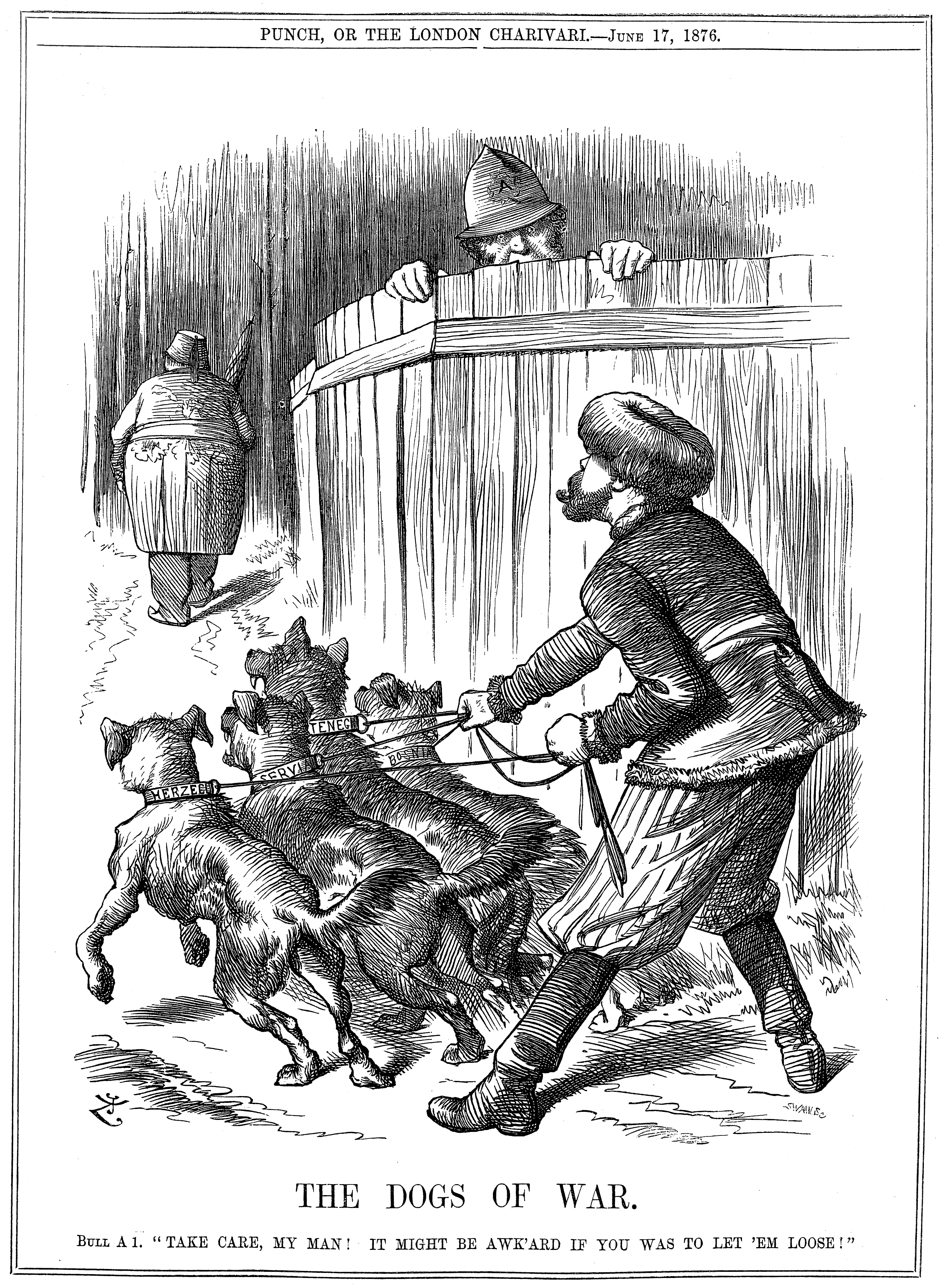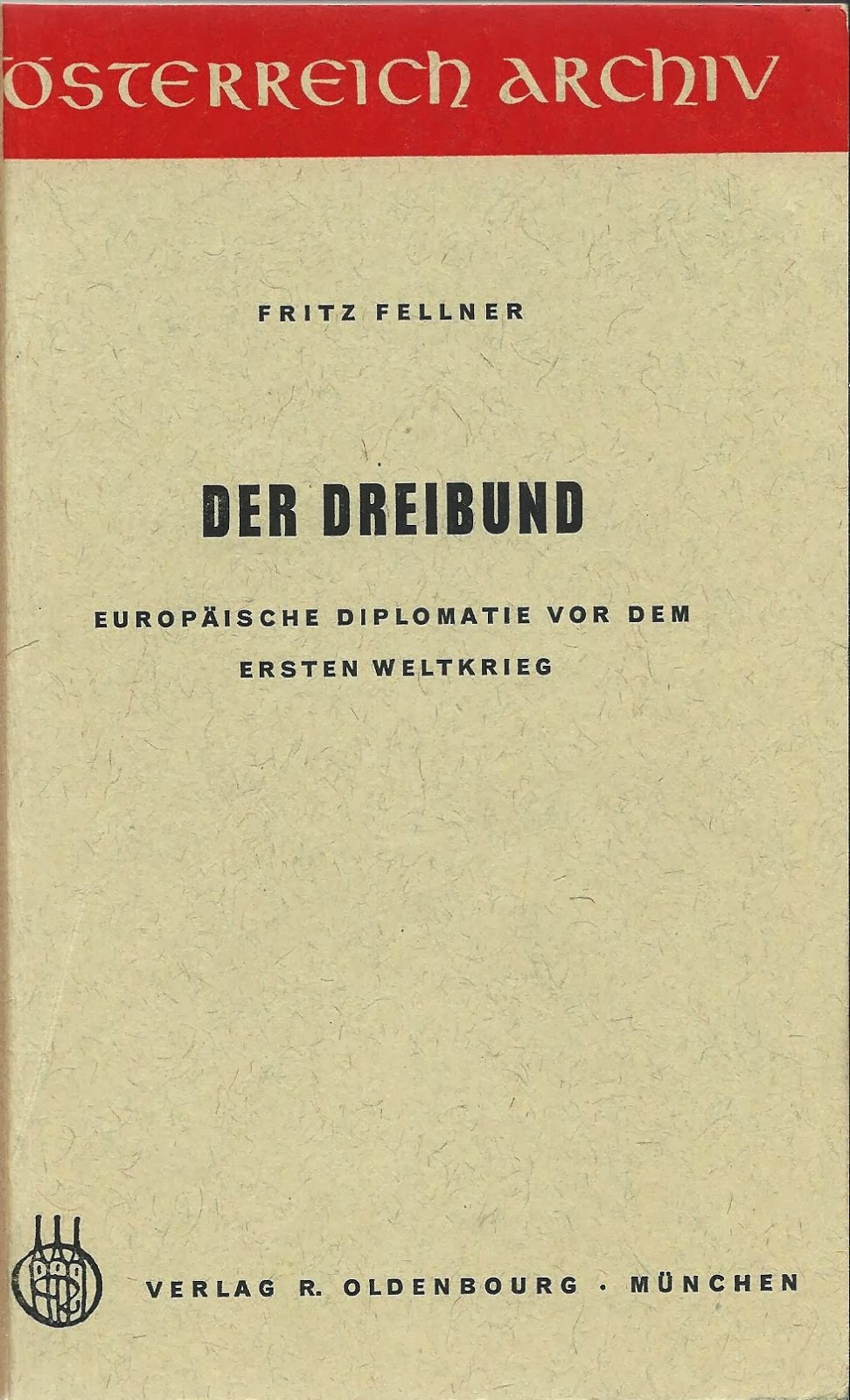

"the honest broker" at the Congress of Berlin in June 13-July 13 1878. Thus, when Austria-Hungary and Britain protested against the creation of a "Greatīulgaria" (Treaty of San Stefano, March 3, 1878), he persuaded French, British,Īustro-Hungarian, Italian, Turkish and Russian statesmen to meet with him as "were not worth the bones of a Pomeranian grenadier." In the Balkans which would draw Germany into a war over countries that he said Known as the "Three Emperors’ League," signed on May 6 1873.īismarck also worked to isolate France in Europe, so he encouraged her expansionĪbove all, he worked hard to prevent an Austro-Hungarian - Russian confrontation Thereforeīismarck negotiated a German-Austro-Hungarian-Russian alliance Nightmare of a Franco-Russian alliance and thus a war on two fronts. However, German statesmen and soldiers were haunted by the Thus, the North German Confederation of 1866īismarck wanted stability in Europe in order to secure At this time, the princes of various German states recognized KingWilhelm In the Hall of Mirrors, Palace of Versailles, France, on January 18 1871. Otto von Bismarck (1815-1898), who had led Prussia into the Austro-PrussianĪnd Franco-Prussian wars, orchestrated the creation of the German Empire After the German defeat of France in 1870, Prussian Chancellor The Background: (1) International Relations,1871-1908.ġ. War," as some historians do today, it would be more appropriate to see themĪs two successive attempts by Germany to dominate Europe, both opposedīy most other nations and spreading all over the world, and both wars including Thus, rather than characterizing the two world wars "as a European Civil In the geopolitical thinking of some German political scientists (Neumann, Mitteleuropa),Īnd of Nazi German leaders in 1937-45 - though the latter emphasized the needįor "Lebensruam " (living space) for the German people. Was dominated by two German attempts at European hegemony, showing continuity We should note that the first part of the 20 th century Stronger and the French army reorganized an rearmed. (4) that Germany was in a better military position to win a European war inġ914 than she would be in 1916 or 1917 when the Russian army would be (3) that Britain would stay out of an A-H, German - Russian war (2) that Russia’s ally France would be quickly defeated if it entered the war (1) that if A-H did not act forcefully against Serbia, it would no longer beĪ great power and thus a valuable ally of Germany The German leaders for their part were motivated by a combination of Without the certainty that in such a war Austria-Hungary would be backed by However, it is doubtful that they would have risked war with Russia over Serbia Threat to the Empire’s existence, led the Vienna statesmen down the path to The Austro-Hungarian perception of Serbia as the magnet for the South Slavs of the A-H Empire and thus the greatest Russia in defense of Serbia on the other. Over Serbia between Austria-Hungary, backed by Germany on the one hand, and What is not in dispute is that the war stemmed from a confrontation However, when Germany attacked BelgiumĪnd France, she brought on the outbreak of a world war.

To attack Serbia, which would likely result in a war with Russia, but they believed In fact, the documents show that German statesmen urged Austria-Hungary (Frtizįischer, Germany's Aims in the First World War, London, New York, 1967 ). Germany did not actually want a World War, they were ready to risk one. Fischer claimed that while the leaders of Imperial Of documents (see English version edited by Immanuel Geiss, July 1914, For decades, theyīlamed all the other powers, especially Russia, thus exonerating Germany. Which placed the responsibility for the war on Germany. German historians, in turn, rejected Art. Many also contended that no one power was more to blame than any other,Īnd this view exerted much influence on British and American opinion. Period blamed the alliance systems, or the Anglo-German naval race, or/and colonial

The causes of World War I have been the subject of long and Based on a work at web.ku.edu.ĪUSTRIA-HUNGARY, THE SOUTH-SLAV PROBLEM AND THE COMING OF Hist557 by anna m.cienciala is licensed under a Creative Commons Attribution-Noncommercial-No Derivative Works 3.0 United States License.


 0 kommentar(er)
0 kommentar(er)
